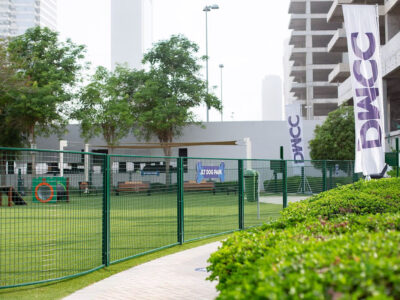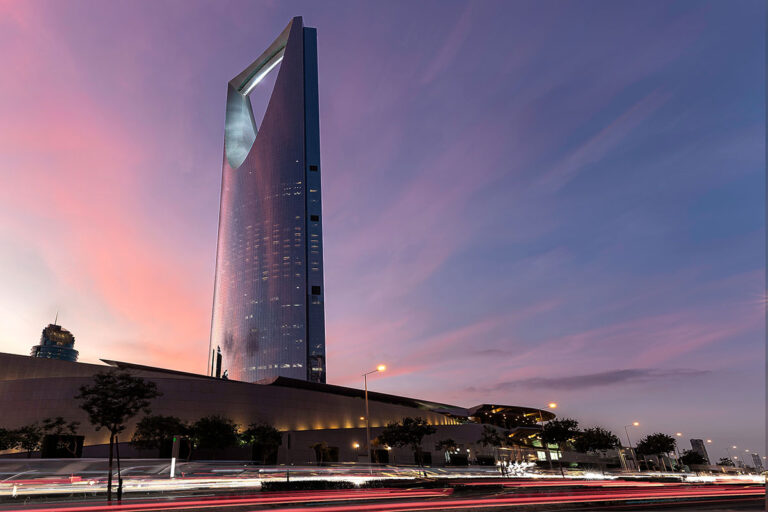Saudi companies are reducing the large salary premiums once used to attract foreign professionals, as part of a broader effort to manage costs and refocus investment priorities under Vision 2030, recruiters told Reuters.
The Kingdom, which is more than halfway through its economic transformation plan, is reining in spending on megaprojects and redirecting resources toward emerging sectors such as artificial intelligence, logistics and mining. The shift comes as public finances tighten and some of the country’s high-profile construction ventures face delays.
Foreign recruits who previously commanded salary offers up to double their existing pay are now seeing far more modest packages, according to recruitment executives.
“On the one hand you have the region’s biggest economy rationalising and on the other side, you have a huge supply of candidates who are very open to coming to the region,” said Magdy Al Zein, managing director at Boyden. “So, what you get is employers rethinking packages. That definitely has happened.”
The slowdown reflects both fiscal caution and changing priorities at the Public Investment Fund (PIF), Saudi Arabia’s $925 billion sovereign wealth fund. The fund is increasingly targeting investments in technology and high-value sectors rather than large-scale infrastructure and real estate.
Recruiters said Saudi firms are now focusing their limited hiring budgets on “hot jobs” in digital and AI fields.
Hasan Babat, CEO of Dubai-based Tuscan Middle East, said: “The pace of development has slowed and this has led to a slowdown in recruitment. Now employers are negotiating salaries more than before, when there was a shortage, and companies have implemented cost-conscious measures.”
With lower oil prices putting pressure on the budget, Saudi Arabia has also accelerated reforms to increase the number of citizens in private-sector jobs, raising competition for available roles. The number of Saudis employed in the private sector has risen 31 per cent since 2016, while unemployment is now at a record low.
Industry experts say that while the Gulf’s largest economy remains attractive to professionals outside the region, pay levels in Saudi Arabia are now close to those in the UAE. “Packages are now far more measured, anchored to data, performance, and real market benchmarks,” said Louise Knutsson, CEO of Matches Talent in Dubai. “For some, that feels like contraction. For me, it signals maturity.”








